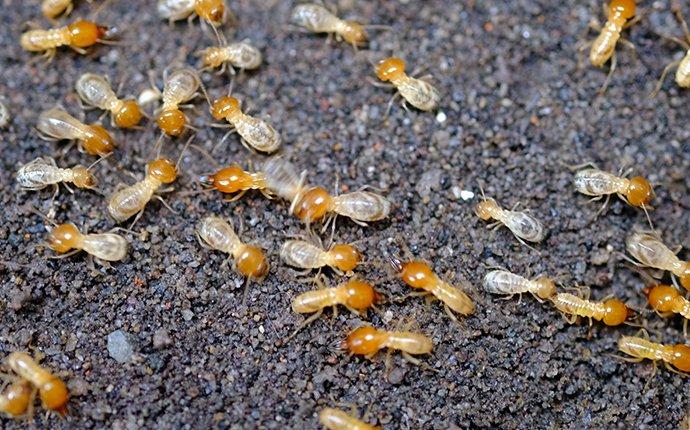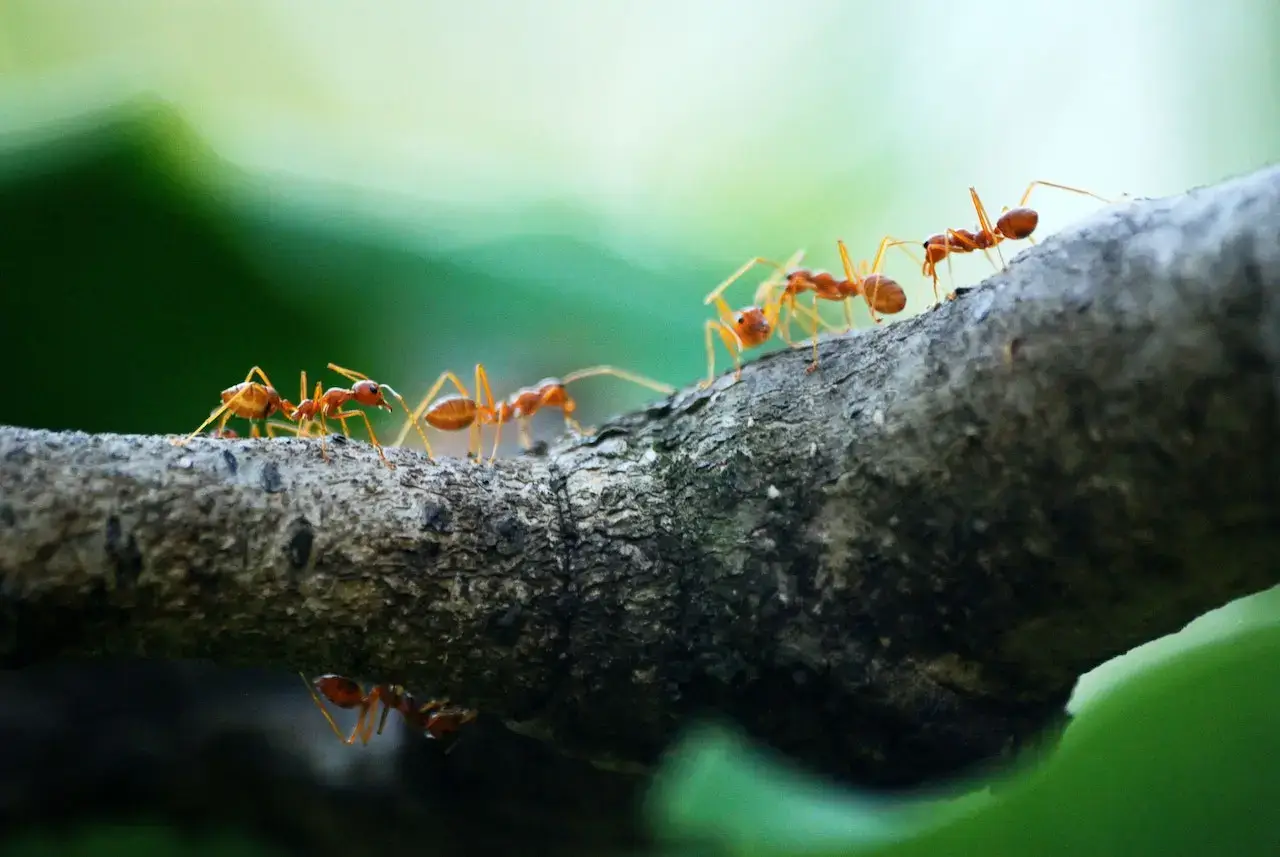Professional Termite Control Services: Secure Your Home from Termite Damage
Professional Termite Control Services: Secure Your Home from Termite Damage
Blog Article
Ecological Effect of Pest Control: Harmonizing Effectiveness With Sustainability
The ecological influence of parasite control is an important issue that needs a fragile equilibrium between achieving efficiency in taking care of bugs and ensuring sustainability of our environments. As we make every effort to safeguard our plants, homes, and health and wellness from the threats presented by pests, the approaches we employ can unintentionally hurt the atmosphere. From the usage of dangerous chemicals that leak right into our soil and water to the unplanned consequences on non-target varieties, the consequences of traditional pest control techniques are far-reaching. There are arising techniques that supply hope for a more sustainable strategy to pest monitoring. These remedies not only goal to deal with the prompt insect troubles but also take into consideration the long-lasting wellness of our world.
Harmful Chemicals in Insect Control
The utilization of harmful chemicals in bug control postures considerable environmental and health threats that require careful factor to consider and mitigation approaches. Pesticides, herbicides, and chemicals are generally used to eliminate parasites, but their widespread application can cause unplanned repercussions. These chemicals can contaminate soil, water resources, and the air, impacting not only the targeted insects yet also useful insects, wild animals, and people.

To address these threats, incorporated bug management (IPM) strategies are being advertised as a more sustainable alternative. IPM entails a mix of techniques such as organic control, habitat manipulation, and the targeted use of pesticides as a last resource (ant controlmount holly nc). By adopting a holistic approach to pest control, we can decrease the ecological and wellness impacts connected with hazardous chemicals while effectively handling pest populaces
Impact on Non-Target Species
Taking into consideration the unintentional effects of bug control approaches, the influence on non-target varieties is an essential aspect that requires comprehensive analysis. While pest control procedures intend to target particular parasites, other microorganisms in the ecosystem may be accidentally impacted. Non-target species, consisting of useful insects, birds, animals, and even plants, can experience indirect or direct harm from chemical applications or organic control methods.
Insecticides developed to deal with a specific insect pest may hurt pollinators like bees or all-natural predators such as ladybugs. Organic control agents, if not species-specific, can pose dangers to unintentional targets, interfering with the environmental equilibrium.
To minimize the influence on non-target species, integrated insect management (IPM) techniques that highlight an alternative technique to pest control are suggested. These techniques prioritize the usage of eco-friendly methods, minimizing harm to helpful microorganisms while efficiently taking care of pest populations. Carrying out complete danger analyses and monitoring the end results of pest control initiatives are essential actions in guarding non-target species and promoting total ecological community wellness.
Soil and Water Contamination
Unintended environmental consequences of insect control methods prolong past impacting non-target varieties, with substantial ramifications for dirt and water contamination. Pesticides, herbicides, and chemical plant foods used in parasite control can seep into the soil and infect groundwater, posing a hazard to both terrestrial and water communities. Dirt contamination can interrupt the equilibrium of microorganisms crucial for vitamins and mineral biking and plant development, bring about reduced dirt fertility and performance. In addition, these chemicals can continue the atmosphere for prolonged periods, building up in the dirt and potentially getting in the food cycle.
Water contamination is an additional crucial concern associated with pest control techniques. To reduce dirt and water contamination from parasite control activities, incorporated parasite management strategies that prioritize sustainability and reduce chemical inputs are important.
Air Air Pollution From Pesticide Usage
Exposure to airborne pesticides throughout farming applications presents a considerable issue for air pollution control actions. Furthermore, chemical drift, where pesticides are lugged by the wind to unplanned locations, can lead to the contamination of nearby ecological communities and water bodies.

Strategies for Sustainable Bug Control
In the world of farming practices, executing sustainable pest control methods is extremely important for keeping eco-friendly balance and protecting plant yields. Sustainable pest control emphasizes using eco-friendly approaches to handle bug populaces effectively while reducing damage to non-target microorganisms and environments. Integrated Insect Monitoring (IPM) is a commonly taken on technique that incorporates biological, social, physical, and chemical control approaches to accomplish long-term pest management remedies.
Plant turning and diversification are also efficient techniques to disrupt pest life cycles and create less beneficial conditions for bugs to thrive. Inevitably, by incorporating these sustainable pest control techniques, farmers can attain a balance between pest monitoring effectiveness and environmental stewardship.
Conclusion
In conclusion, the environmental effect of insect control methods have to be meticulously taken into consideration to stabilize performance with sustainability. Hazardous chemicals utilized in insect control can bring about soil and water contamination, air pollution, and damage non-target types - ant control. It is vital to carry out sustainable parasite control techniques to lessen these adverse effects on the setting and advertise a much healthier environment for future generations
By adopting an all natural approach to pest control, we can decrease the environmental and wellness effects associated with hazardous chemicals while properly taking care of pest populaces.

To reduce the air contamination created by chemical use, it is vital to take on integrated parasite monitoring approaches that focus on the use of non-chemical insect control methods, such as crop turning, natural killers, and immune plant ranges. Lasting pest control emphasizes the use of environmentally pleasant techniques to manage pest populations effectively while minimizing damage to non-target microorganisms and ecosystems. Integrated Parasite Administration (IPM) is a widely embraced technique that incorporates biological, cultural, physical, and chemical control techniques to attain lasting pest administration options.
Report this page